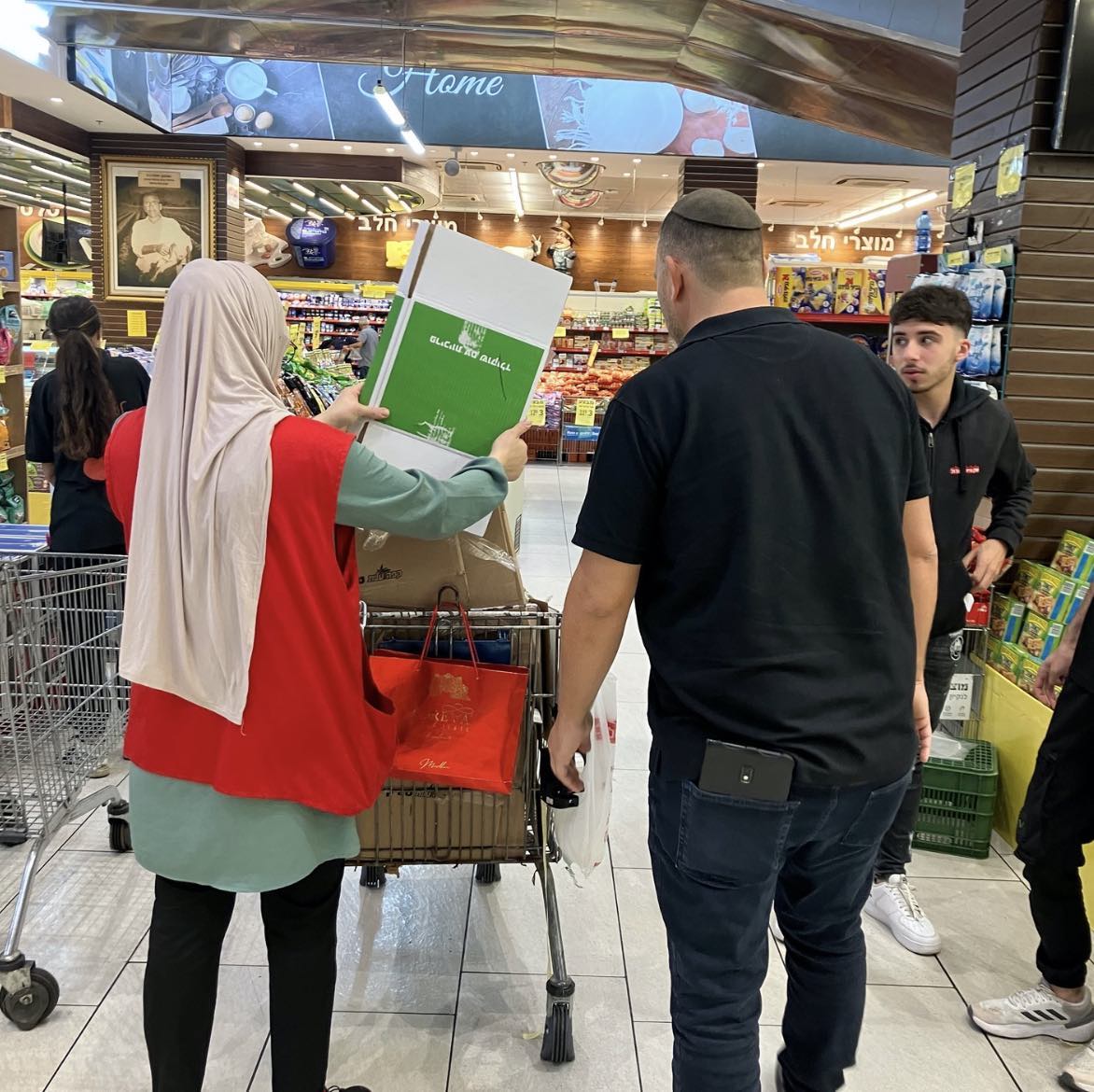A New York Ex-Pat on the Frontline in Northern Israel
- Sunday, 22 October 2023 18:42
- Last Updated: Sunday, 22 October 2023 18:52
- Published: Sunday, 22 October 2023 18:42
- Joanne Wallenstein
- Hits: 1345
 This letter was sent to us by Diana Bletter, an expat who has lived in Israel since 1991.
This letter was sent to us by Diana Bletter, an expat who has lived in Israel since 1991.
I’m writing this from my home in Shavei Zion, a small beach village in Northern Israel, less than ten miles south of the border with Lebanon, waiting for the start of a barrage of rockets from Iranian’s proxy army, Hezbollah. It happened during the 2006 Israel-Hezbollah War—when Hezbollah fired nearly 4,000 rockets into Israel—and it seems likely that it will happen again.
Aimed in our direction are more than 150,000 rockets and missiles in Southern Lebanon that Hezbollah has stockpiled in the seventeen years since that war, under the watch of the United Nations Interim Force in Lebanon, UNIFIL.
Thirty communities in northern Israel and the Western Galilee have already been evacuated. One of our sons and his girlfriend fled their home, bringing a few clothes stuffed into backpacks and their dog, not knowing if they will ever be able to return to their home. Residents are moving farther south. But with Hamas and Islamic Jihad firing rockets and missiles from Gaza that can now reach Tel Aviv and other areas in the center of the country, there’s nowhere for us to go.
My husband, Jonny, works in Shavei Zion’s avocado groves with both Arab and Jewish Israelis. A Muslim co-worker lost his cousin on Sunday, when a Hezbollah missile struck and killed him in a nearby avocado grove. While Hezbollah’s reach inches closer, preparations are underway to prevent the terror group from trying to imitate the Hamas invasion from Gaza.
It would be an unbearable, frightening scenario. On October 7, missiles were first fired from Gaza, and then Hamas terrorists stormed into southern Israel, murdering more than 1,300 men, women, children and babies, wounding thousands, and abducting more than 300 people.
Here in Shavei Zion, we’re getting ready for what could be an expanded war in both the south and the north, yet everyone seems to be doing it calmly and orderly—very unusual for Israelis. A small handwritten sign in our local grocery store says, “Please buy only one six-pack of water so there’s enough for everyone,” and there are six-packs still on the shelf. Israelis, usually chaotic, boisterous and disorderly, are suddenly polite and helpful.
I search for inspiring moments to try to offset the horror stories from Southern Israel’s massacres. One of our friends, a tattoo artist in her twenties, lost four friends at the Supernova Music Festival, where 260 people were killed. Another friend’s mother was murdered, and his wife and sister are still missing, presumably held captive or killed. Still another friend lost an entire family—mother, father, and three small children.
Israelis are attempting to go about our daily business, but many stores have closed, businesses have shut down, and everyone is traumatized. Another of our sons, who was wounded as a soldier fighting against Hezbollah in the 2006 war, said, “This is a PTSDC. A Post-Traumatic Stress Disorder Country.”
Despite the immense trauma—it feels like we’re all shell-shocked—Israelis are somehow mustering up resilience. Communities throughout the country have banded together, forming emergency committees to help the elderly, look after children, serve as medical volunteers, and cook meals (including vegan dishes) for Israeli soldiers and evacuees. From around the world, former Israeli soldiers who never expected to fight again have flown back to join their reserve units. A 17-year-old girl from our neighborhood rides around on her bicycle at all hours of the day and night, delivering messages and supplies like a courier during the French Resistance against the Nazis.
A few days ago, I went shopping for last-minute supplies, in case a war breaks out, in a local supermarket in the Arab village across the road. As soon as I walked in, I saw a common sight that I’ve always taken for granted, yet now it seemed to have great significance. A Muslim woman wearing a hejab and a Jewish man in a kippah were working together.
And it’s only because Israel is what it is—a liberal democracy founded on democratic principles—that something like this can exist. We are the only democratic, Jewish enclave in the world. And now we're fighting for our lives.
Diana Bletter is the author of several books, including The Loving Yourself Book for Women. Born in New York, Diana has lived in Israel since 1991 where she works as a journalist.














